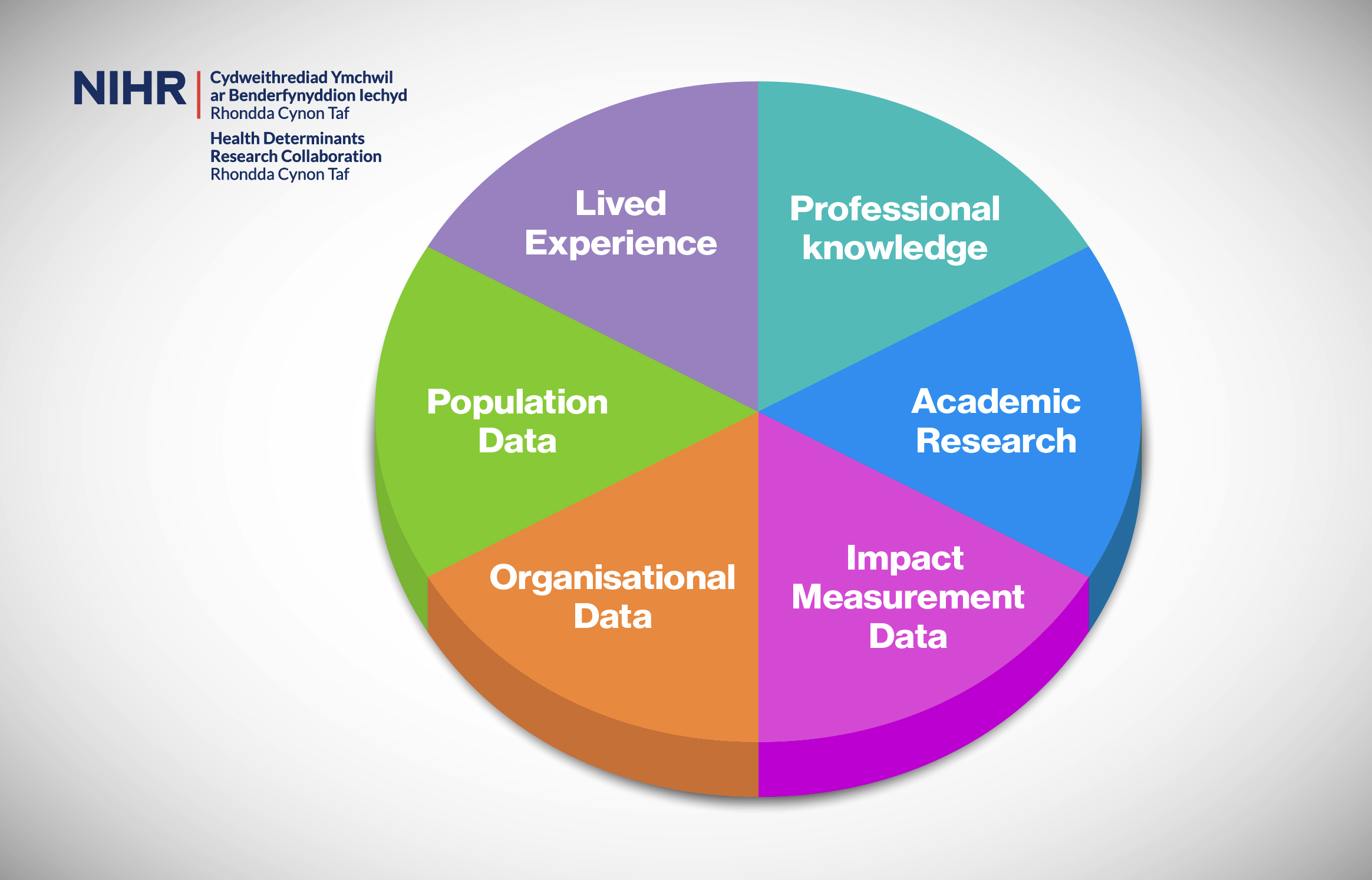What are Wider Determinants of Health?
Ready for a challenge? Dive into the world of wider determinants of health — and see if you can ace the quiz waiting for you at the end!
What are the wider determinants of health?
The wider determinants of health are the non-medical factors in our daily lives that affect health and wellbeing. Wider determinants of health include:
- air and water pollution
- food security and diet
- housing and homelessness
- access to green and blue space
- income
- employment and working conditions
- transport methods
- social inclusion
- climate change
These are also sometimes known as the broader determinants of health or the social determinants of health.
Why are the wider determinants of health important?
A healthy society needs all the right building blocks in place, such as good-quality jobs and homes, access to education, transport and healthy food, and adequate income and resources. People who live with negative health determinants have reduced life expectancy and experience more ill-health (these are called health inequalities).
What role does the Council have in the wider determinants of health
Because the wider determinants of health are non-medical factors that affect our health and well-being the services that help people with these are not usually provided by the NHS, they are usually Council-run services. This short video by the NIHR explains this in more detail.
What role does the HDRC have in the wider determinants of health?
We are working with the Council to make sure that decisions about services are based on the best information available. By doing this, the Council could improve the wider determinants of health and reduce health inequalities. This includes:
- helping young people achieve their potential
- supporting services that can stop problems before they start or prevent problems becoming worse, e.g. homelessness
- making it easier to access services and support
The HDRC has developed the Evidence Pie to show the six different types of information that are equally important in shaping decisions.

The experience of people living, working, playing or studying in RCT is one of six essential sources of information for making decisions. You can help make a change by becoming involved and helping us to better understand how the wider determinants affect you.
How we will do this
We will gather information to help us understand the priorities for communities in RCT. The information gathered from people living, working, studying or playing in RCT will be added to the other sources of information we have and will help us identify what areas to focus on next. You can see what we are currently focussing on in our projects section.
For example, a Service Area asks the HDRC to support in increasing the number of people using their service:

Impact Measurement Data tells us how many people currently benefit from the service
Population Data tells us how many people could benefit from the service
Professional Knowledge tells us how people currently use the service
Academic Research tells us what works in other places
Lived Experience tells us how people think the service could be improved for them
Organisational Data tells us what changes can be made
Impact Measurement Data tells us whether the changes have been successful
How you can be involved
Your experiences are valuable to us and you can get involved in a variety of ways, which is explained here. However, it can be as simple as answering a poll or a survey.
Rhondda Cynon Taf County Borough Council also has a website called Let's Talk RCT (external link) where residents can share their opinion on local issues, such as new projects, the Corporate Plan, budget and more!
Test your knowledge!
Think you've cracked the code on the wider determinants of health? Put your knowledge to the test by taking our quiz below.

